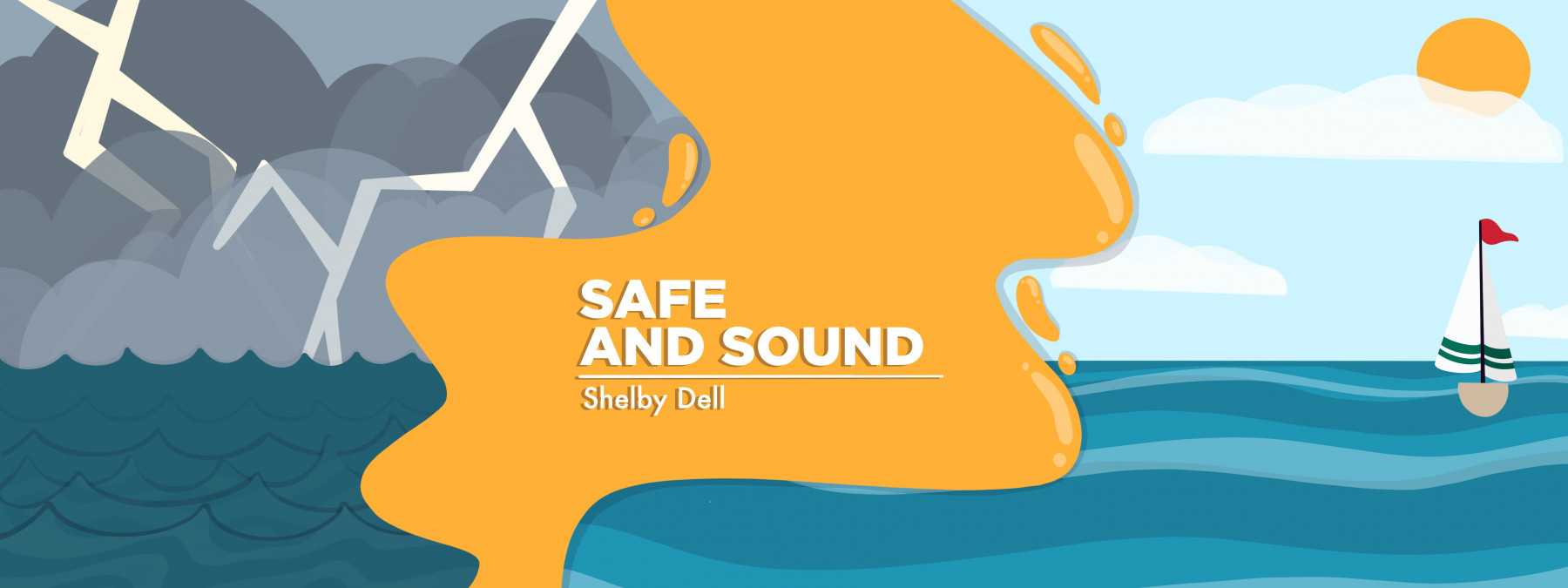Remember, We’re All Fighting Invisible Battles
Written by |

We all have struggles in our lives that we don’t share on Facebook, with co-workers, or openly on our sleeve. Yet, so many of us jump to conclusions about the behaviors and appearances of strangers whose lives we know nothing about.
Cystic fibrosis is an invisible illness, which means that people often can’t tell if someone has it simply by looking at them. As the sibling of a person with CF, I came to understand this concept quite early in life.
I’m lucky in that sense, because many people grow up in healthy families and learn only later that not everyone else does. Dealing with health setbacks later in life can be a hard lesson to learn for someone who has never spent a night, much less a month, in the hospital with a loved one.
While I was growing up, frequent hospital visits were a consistent part of my reality. My little brother, Bradley, was sick from the day he was born, though doctors didn’t discover this right away. He was basically starving for four months before he was finally tested and diagnosed with CF.
At home, it was obvious to me that Brad was sick. He took countless pills each day, coughed up thick mucus at all hours, vomited frequently due to acid reflux and coughing, tired out more quickly than other kids, and landed in the hospital many times. But he didn’t usually look sick, and he was able to go to school and participate in normal activities. So, other kids didn’t really understand the severity of his illness.
I remember how some of his classmates would accuse him of being dramatic, and friends would envy his ability to eat anything he wanted without gaining weight.
During flights, other passengers would shoot him dirty looks when an unexpected coughing attack would happen. A few times, some passengers even asked to change seats.
When my brother was hospitalized, concerned school and church friends would call, text, or visit to check on us. Although Brad eventually would be discharged, as those of us in the CF community know, just because someone is discharged from the hospital doesn’t necessarily mean they’ve fully recovered. And it certainly doesn’t mean they’re cured.
Yet the phone calls, check-ins, and visits would mostly stop. If I mentioned Brad was sick outside the context of hospitalizations, I was often told to “trust the doctors.” “He must be fine if they discharged him,” people would say.
All of this deeply affected our family, and especially Brad. It was infuriating for our struggles to be invalidated simply because he “looked OK” and could attend school. Other people didn’t have to live with constant awareness of his prognosis, or see him crying as he tried to force calories down his throat in a desperate attempt to gain weight. But every night, our family watched him struggle with feeding tubes, interrupted sleep, coughing fits, vomiting, anxiety attacks, and loud IV pumps.
Negative comments and expressions of doubt and ignorance can affect someone who is struggling long after the words are spoken. Even if they don’t have a chance or the desire to share what they’re going through, they don’t deserve to be judged or the target of unsolicited opinions about their body.
I encourage everyone to identify something you struggle with, something that others wouldn’t know simply by looking at you, and keep it in mind during interactions with others. Those around you might be struggling, too.
And if someone opens up to you about their struggles, consider doing some research and learning the best ways to help. It’s good to think about these things before commenting, as it just might save a lot of heartache.
***
Note: Cystic Fibrosis News Today is strictly a news and information website about the disease. It does not provide medical advice, diagnosis, or treatment. This content is not intended to be a substitute for professional medical advice, diagnosis, or treatment. Always seek the advice of your physician or other qualified health provider with any questions you may have regarding a medical condition. Never disregard professional medical advice or delay in seeking it because of something you have read on this website. The opinions expressed in this column are not those of Cystic Fibrosis News Today, or its parent company, Bionews, and are intended to spark discussion about issues pertaining to cystic fibrosis.








Leave a comment
Fill in the required fields to post. Your email address will not be published.